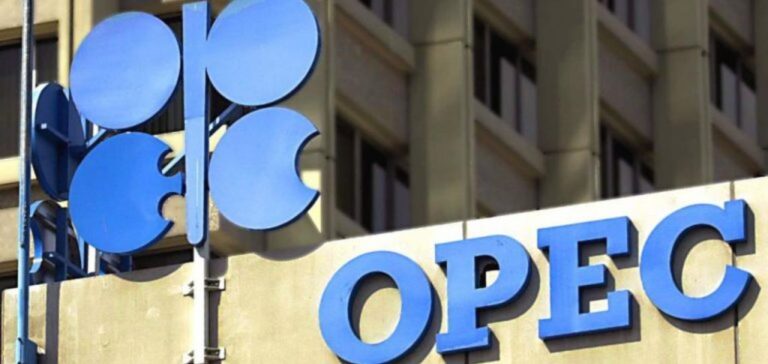The OPEC Fund for International Development has approved more than $300 million in new funding for projects to support the fight against climate change. With a commitment to its Climate Action Plan, the OPEC Fund focuses on financing projects to build climate resilience in developing countries.
OPEC Fund commits to support climate projects
In the first quarter of 2023, the OPEC Fund approved more than $300 million in new funding for projects to support the fight against climate change. The Managing Director of the OPEC Fund, Dr. Abdulhamid Alkhalifa, said that “OPEC Fund is proud to meet its climate commitments and ensure a positive impact for people and the planet. Three of the four projects approved directly support climate finance.
Projects approved by the OPEC Fund
The OPEC Fund has approved four projects that build climate resilience in developing countries. One such project is a €50 million loan for Armenia, which will support policies to increase resilience and reduce greenhouse gas emissions through a series of energy efficiency and air quality reforms. The second project is a $150 million loan for Colombia that will help promote sustainable and resilient growth by fostering the government’s capacity to plan for climate action and promote the energy transition. The third project is a $100 million loan to India that will finance the construction of a 56 km ring road around one of the country’s largest cities, serving a population of more than 4 million people. Finally, a $20 million loan for the Seychelles will support policies to promote inclusive and sustainable growth, including reforms related to land development, consumer data protection, and fisheries regulation.
OPEC Fund’s Climate Action Plan
The OPEC Fund adopted its first Climate Action Plan in September 2022, committing to increase the share of its climate finance to 40% of all new financing by 2030. The plan also aims to integrate climate action into the project cycle, increasing investments in climate adaptation, mitigation, and resilience in the energy, transportation, agriculture, food, water, and smart city sectors.






















